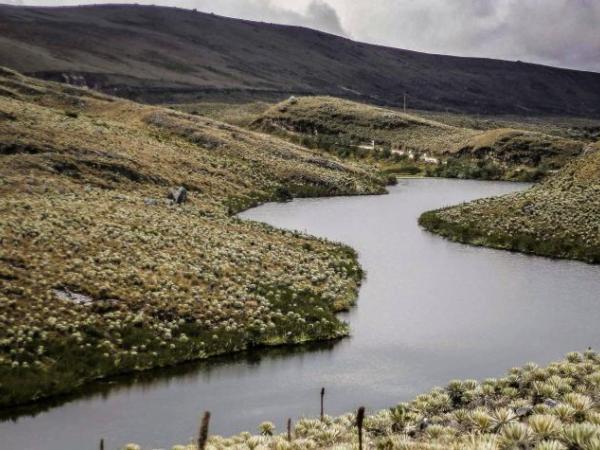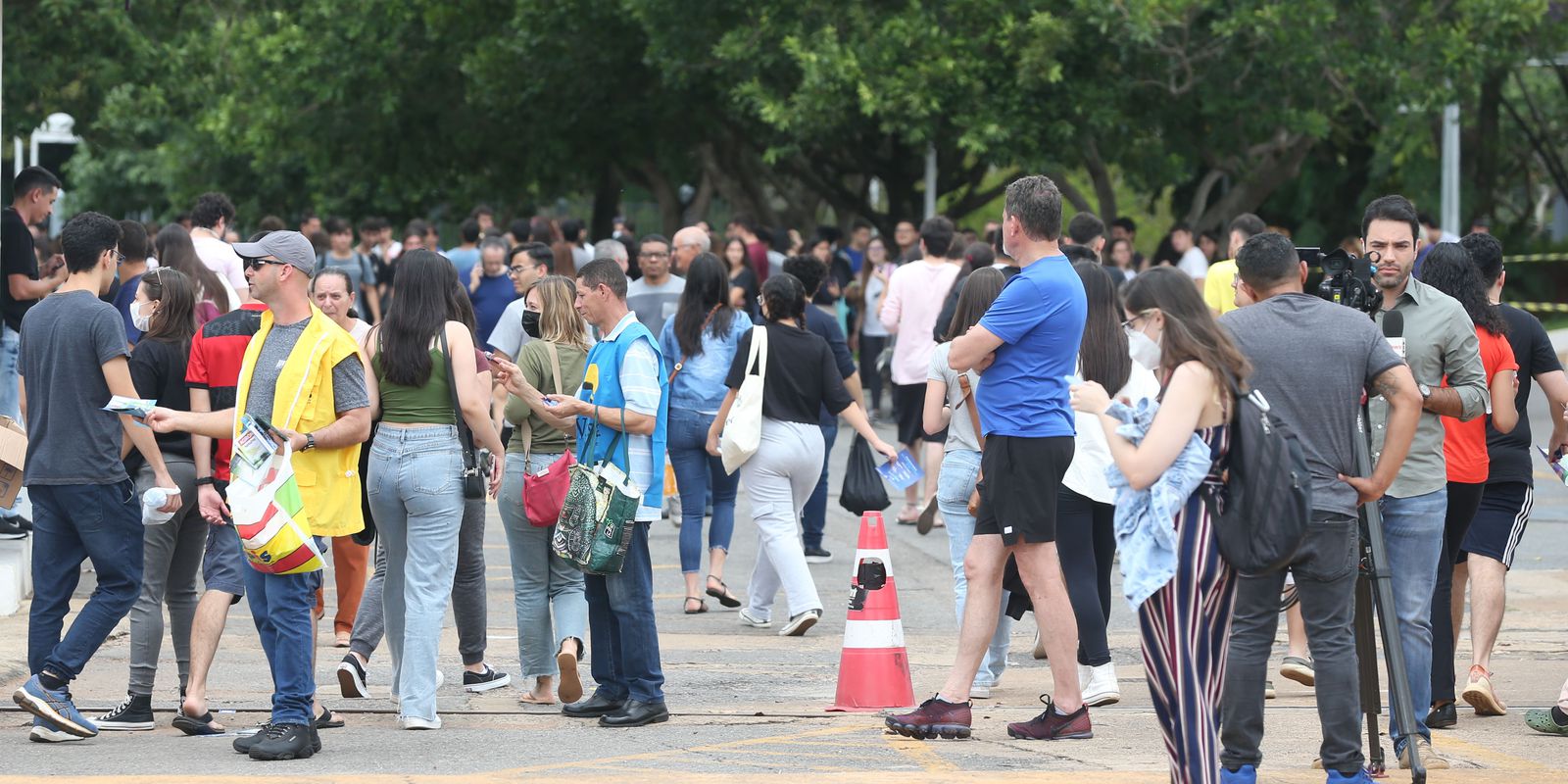With the arrival of new government a series of structural changes will be made in issues related to the participation of communities in issues such as project licensing.
About, Rodrigo Negrete, director of the National Authority for Environmental Licenses (Anla), He pointed out that key adjustments are being sought in this procedure.
(See: Global agreement on biodiversity: these are its 10 main challenges).
What is the balance of the Authority you received?
The ANLA is a truly model entity and I want this modernization to be maintained, but to seek a greater rapprochement with the territories. I want an ANLA with a greater territorial presence, much closer to the communities, but it is an admirable entity. I am happy with the level that I have found in this entity, its servers, its officials, its contractors.
How is this greater approach to the communities achieved?
The mechanisms are various, for example the presence of environmental inspectors in the territory, we have never had that number serving as liaison with the communities before. Additionally, the idea is that where we have identified the greatest socio-environmental conflict, we make a more direct presence, channeling their concerns and giving an immediate response to their requests.
(See: The towns of Colombia that stand out for their environmental achievements).
Does the budget that was approved allow you to make these adjustments?
That restricts us, because we would like to do more. For 2023 the budget will have a cut, but we are prioritizing issues associated with participation mechanisms and monitoring that seems structural to us. The greatest conflict occurs in the issues of environmental monitoring, not in the evaluation and we have identified them especially in linear projects. This is in power transmission lines and tracks. The budget is very short, so we are looking for a way to make agreements with different entities such as the ANH or the ANM to channel resources that allow us to fulfill our mission.
They talked about the lawsuits against the entity and the Ministry of the Environment that you have filed. What are the processes?
I have sued precisely because I have felt that they hurt the balance and that they benefited some sectors to the detriment of the fundamental rights of communities and that is why it seemed absolutely important and necessary to go to the judges of the Republic to restore the balance. That allows me to have a clear conscience and the certainty that I can do things that I used to fight from the outside to get done. That is the reading I have and that is what motivated me to accept this position.
(See: How much money should be invested to stop global warming).
How is your management in the entity affected?
Fundamentally, in the processes in which I have intervened, I declared myself impeded to avoid a conflict of interest.
Faced with the environmental licensing decree, which is a norm that I have sued, we are already doing a comprehensive review work, to adjust those norms so that the corresponding measures are taken from an administrative point of view. We hope to correct this this year with a comprehensive reform of the decree, because we feel that in order to facilitate decision-making, the environmental license became “express” and the rigor of the environmental license was lost. We want to correct that, so that would be an issue that has been overcome if we achieve a license decree that returns to the path of rigor.
Rodrigo Negrete, director of the National Authority for Environmental Licenses (Anla).
private file
What would be the axes of the reform regarding the environmental license?
Starting with the procedure, which was reduced in a way that goes against the rigor. We need to return, not to the times that Law 99 had, but to reasonable times, because for the sake of agility we lost rigor. This first step is on issues that have to do with the procedure so that they are suitable for both the company and the communities. On the other hand, on the issue of participation we also want to influence much more clearly, so that people who wish to intervene in these processes have the guarantee that they are removing all the obstacles that limit participation. Because there is a right to a healthy environment and because it is a collective right there should be no restrictions on the access of any person.
(See: Colombia launches strategy to attract investment for sustainability).
Within this framework, what would happen to the Projects of Strategic National Interest (Pine)?
Those guidelines exist; the Conpes is in force, the decrees in force and we have no prevention in this regard. Likewise, within the framework of transparency and objectivity, the procedures that are in progress will continue in progress. We are concerned that in the area of, for example, the Pine family, we have identified that some are lacking in rigor in their Environmental Impact Studies and that puts us in a difficult situation.
DANIELA MORALES SOLER
Portfolio Journalist








